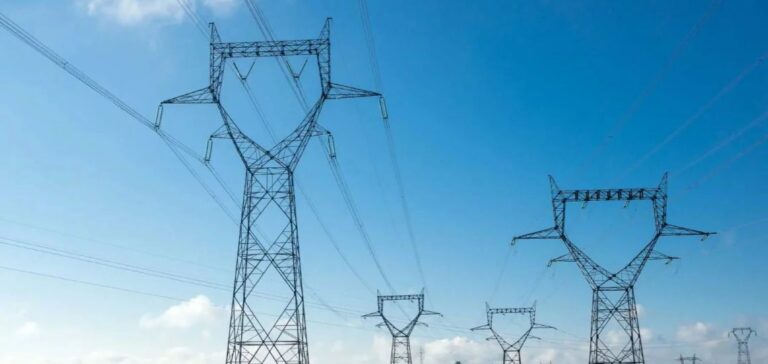The French government has decided to maintain regulated electricity sales tariffs (TRVE), aligning with the position of the Energy Regulatory Commission (CRE). This decision, detailed in a report submitted to the European Commission, emphasizes the necessity of ensuring market stability amid price fluctuations.
A stability framework in response to energy crises
TRVE provides protection against wholesale price volatility, a key factor highlighted in the report. According to the office of Marc Ferracci, Minister of Industry and Energy, this regulation proved effective during the 2022-2023 energy crisis by mitigating the impact of price increases on consumers.
In January 2025, over 24 million subscribers benefited from a 15% reduction on their electricity bills, a decrease enabled by the regulated framework. The government also stresses that these tariffs contribute to securing electricity supply and supporting the transition towards electrification, without harming market competition.
Territorial cohesion at stake
The report underscores the importance of TRVE for non-interconnected territories (ZNI), particularly island regions where electricity access relies on specific mechanisms. Maintaining these tariffs ensures continuity of service and prevents excessive price disparities across different geographical areas.
The social aspect is also emphasized. For very small businesses and low-income households, a regulated tariff framework prevents sudden price surges while offering financial predictability.
A debate on opening to competition
The Competition Authority had recommended abolishing TRVE, arguing that they distort market competition by historically favoring the incumbent supplier. However, the government does not entirely rule out future adjustments.
The report mentions the possibility of allowing other suppliers to offer these tariffs, an option requiring a thorough evaluation of its market impact. For now, no timeline has been set on this issue, with priority given to maintaining the current system.
Brussels to decide by the end of 2025
According to a 2019 European directive, each member state implementing regulated tariffs must conduct a five-yearly assessment of their relevance. The European Commission is expected to deliver its opinion by the end of 2025.
While TRVE maintenance is currently favored, Brussels may request adjustments, particularly regarding market competition. Until then, consumers and industry players closely monitor the evolution of this case, which could shape France’s electricity pricing structure for years to come.






















